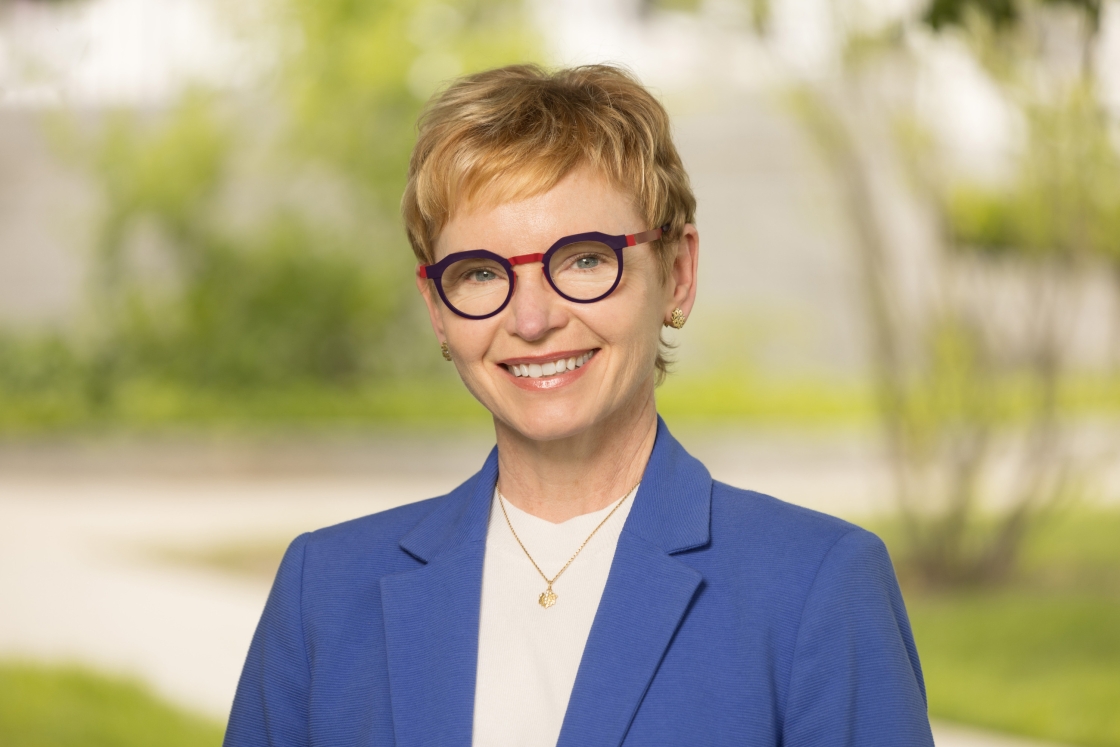The most recent research that Ranjan Sehgal ’22 co-authored with Bruce Sacerdote ’90, the Richard S. Braddock 1963 Professor in Economics, has landed him mentions by name in many major media outlets, including Forbes, MarketWatch, and The New York Times.
The paper, “Why Is All COVID-19 News Bad News?” found that coverage of the disease by the U.S. media is far more negative than coverage by non-U.S. media or in scientific journals. Since March, the research has been picked up by dozens of media outlets around the world.
The researchers found, in short, that media outlets were responding to the public’s appetite for bad news. “Likely we media consumers have only ourselves to blame. Negativity sells,” Sacerdote said in an interview with The Hill.
Sehgal, who also co-authored with Sacerdote a working paper that found no evidence that senators have insider stock picking abilities and a holiday-themed paper using some of the same data to pit the stock-picking prowess of senators against Santa’s Village reindeer, is an experienced hand at communicating with the media.
“One thing it’s shown through this project, and maybe some of the others as well, is the difference between how academics work and how journalists work,” Sehgal said in a Zoom meeting along with Sacerdote. “I also was really happy to help out Professor Sacerdote with the senators stock-trading paper, which also got a lot of coverage. Professor, I’m curious to hear what you think about this, but I remember when we were starting this COVID paper, we thought that the senator one would get more coverage. But now this one got more coverage, right?”
Sometimes certain research just sparks people’s interest, Sacerdote replied, pointing to a paper he published in 2001 about the effects of random roommate assignments that, after 20 years, still gets multiple media mentions every fall.
“I thought it was interesting, but I never thought it would get the attention that it did, so you never quite know,” he said, referring to the roommate paper. “We thought this media research about COVID coverage was important, but it was certainly within the realm of possibility that no one would care.”
Sacerdote’s work looking for new approaches to questions of microeconomics—and digging into the data behind the commonly held assumptions about the way society works—also informs his approach as a teacher, he says.
That perspective is what led Sehgal to reach out to Sacerdote to ask if he could work as a research assistant, a position that is now supported by funding from the Dartmouth Economic Research Scholars program.
“I saw his randomized roommate work and that seemed kind of cool,” Ranjan says. “I also liked that he does a lot of different work. The COVID paper and the reindeer paper and the stock paper are all very different. As someone who values the liberal arts perspective as a Dartmouth student, I liked the approach of looking at different interesting questions.”
Sacerdote says bringing students in on a wide array of research questions offers them the chance to develop skills that will serve them well regardless of their chosen career.
“It just shows the incredible creativity of Dartmouth undergraduates and their flexibility in bringing a project to fruition. To bring a paper through this does require a sustained commitment. At the same time, it really is the best form and the most fun form of teaching.”
William Platt can be reached at william.c.platt@dartmouth.edu.

